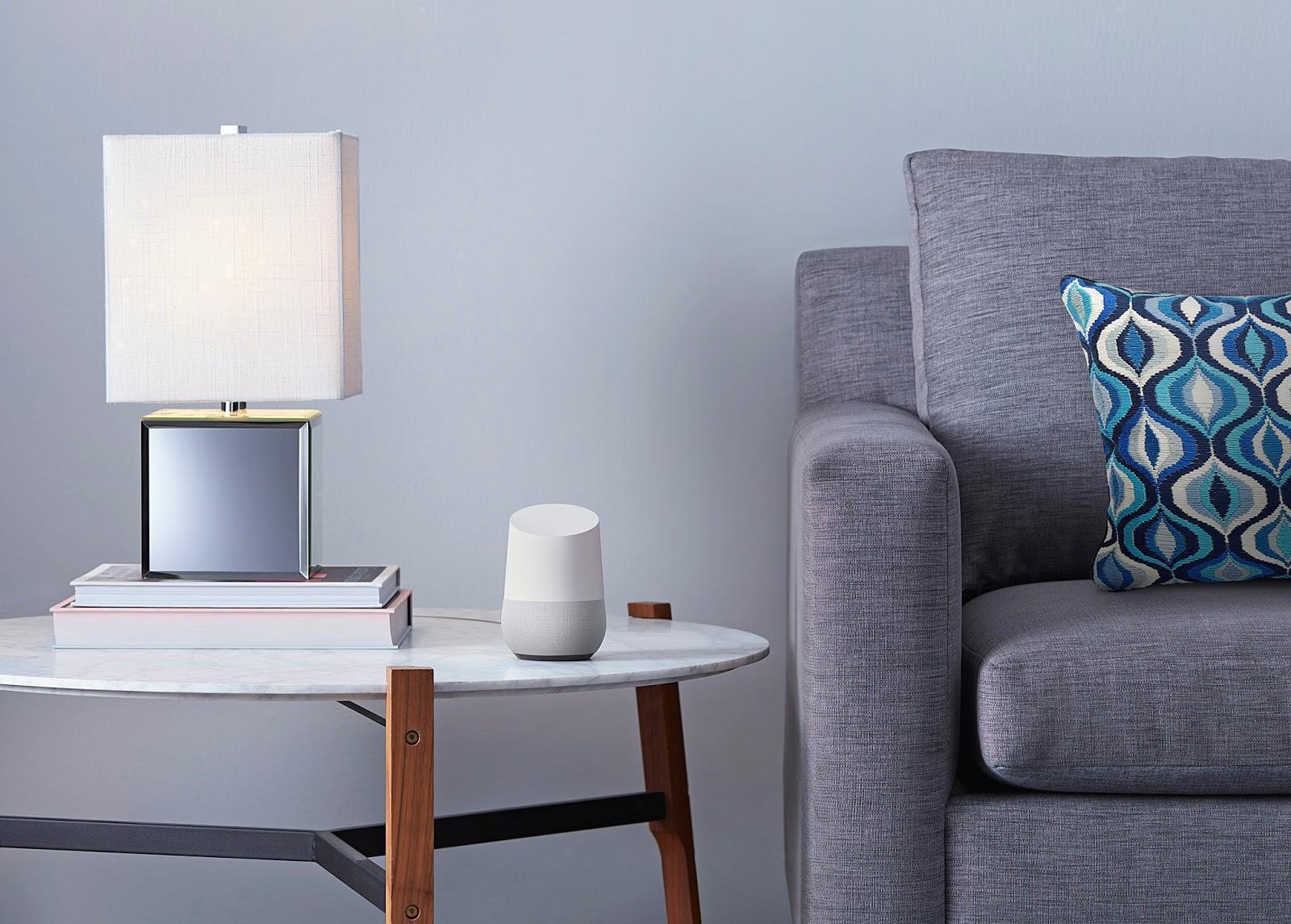Voice assistants are coming for your home, and will listen to everything you say
We’re going to have to make an important decision: how far are you happy for people to invade your privacy in the name of convenience?

A year from now, Google, Amazon and Apple might be listening in on your living room. And you’ll be glad of it.
All three of those companies are working on or have announced voice assistants that sit in people’s houses and talk to them. The boxes – which function as speakers, and look like them too – are meant do everything from asking questions to operating various parts of peoples’ houses.
They represent the future of technology, at least according to some people. And there is reason to be scared, maybe.
Many people are already terrified about the idea that any company is listening to them, through their phone. But it already happens, regularly – Google and Facebook both listen in on their users, for instance, using the sound to help find information but also to better target advertising.
And that concern might become yet more pressing as those same technologies make their way into our living rooms. Google launched its Home speaker at its I/O event last month; Amazon has had its own version of the technology available for months; Apple is rumoured to be working on something similar.
The creepiness of such recording can be laid bare by listening in on all of the recordings that Google has made of your what you've said to it. Something that’s always on and placed in your living room will be able to hear even more.
But the same things that make people worry are exactly the things that people like. It is strange to think of a company listening to you while you have an argument about which person in the house forgot to pick up milk, for instance; but it might be convenient if Amazon could suggest that it orders some for delivery in the next hour.
In the coming months, the decision between privacy and convenience is going to become more and more difficult to make. In almost all cases, getting one means giving up the other – and in the case of extreme convenience, we might be giving up all semblance of a private life.
These kind of privacy invasions are part and parcel of having domestic help, of course, whether or not that help is from a human or from a robot. The difference is that a cleaner or a butler doesn’t usually send your personal information off to their boss so that it can be scanned and catalogued so that they can better target marketing at you.
It will be into this environment that Apple’s rumoured home assistant is launched. And that could cause a problem, because of Apple’s commitment to keep its users data safe and private; a commitment that goes hand-in-hand with its relative lack of expertise in artificial intelligence, machine learning and other ways of manipulating huge amounts of personal data.
Anyone that uses Siri, for instance, will have realised that it isn’t quite as good at searching through information as Google’s own voice assistant. But that is partly because the work and money that Google has thrown at trying to understand us.
Google is able to use exactly the same technology that powers its assistant to power the kinds of advertising that it makes money from. And Amazon can ensure that people are buying things through its Echo box and increase its revenues.

Apple has always been far more worried about using its users’ information, and has historically had less reason to because it makes money from selling its products. Its limitations are technical – since it doesn’t have the huge artificial intelligence capabilities that Google has – but they’re also moralistic, in as far as it doesn’t want to send or collect data about its users, and has much less reason to.
But Apple’s dilemma will be our own: data isn’t useful on its own, but only becomes helpful when it’s combined with other things. The trouble is that doing so always means sharing it with someone else – the most helpful assistant is the one that divulges all of our secrets.
The computers are listening. And you’re probably ready to talk.
Join our commenting forum
Join thought-provoking conversations, follow other Independent readers and see their replies
Comments